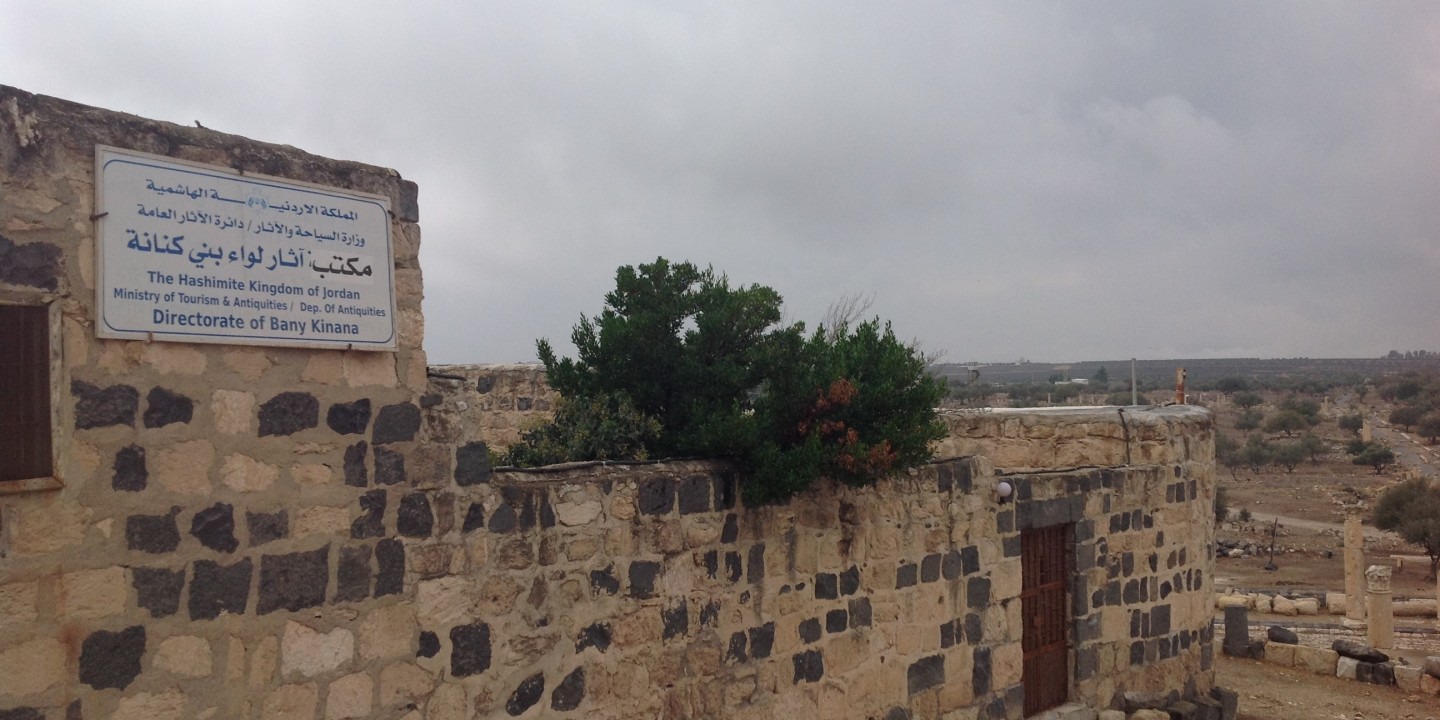
Twenty-one years ago, I entered Jordan by tour bus from Israel. The sign at the border checkpoint welcomed us to the Hashemite Kingdom of Jordan. I didn’t know what Hashemite meant, and this was long before the days when we all carried Google on a device in our pockets. So I ventured a guess. I was studying Hebrew at the time, and I had just spent three weeks in Jerusalem learning about the engagement between Judaism, Christianity, and Islam. I knew that ha Shem—“the Name” in Hebrew—is how many Jewish people refer to God. The one Arabic word I knew, salaam, was similar to the Hebrew shalom, so I figured the two languages must have some cognates. So Hashemite, I reasoned, must mean God’s people, those who live in relationship to the God of Abraham, Isaac, and Jacob.
Five days ago, I entered Jordan by airplane, and I was greeted by the same words: “Welcome to the Hashemite Kingdom of Jordan.” This time I could pull a device out of my pocket and Google it. Hashemite, it turns out, isn’t a reference to ha Shem, the God of Abraham, Isaac, and Jacob. It refers to the great-grandfather of Muhammad (and the progenitor of the royal family), Hashim ibn ‘Abd Manaf al Mughirah, whose name Hashim means “pulverizer” in Arabic. He was a pulverizer, but he didn’t crush his enemies. He crushed up bread and meat during a time of famine in Mecca and put it into a large stew that fed many starving people. A parallel etymology traces his name to the root hashm, which means “to save the starving.”
All of the Jordanians I’ve talked with in the past few days have expressed gratitude to the current royal family—the Hashemites—for their compassionate rule of diverse people. More than one of them has speculated that if it weren’t for King Abdullah’s judicious leadership during the Arab Spring, Jordan would likely be in the same situation now as Syria and Iraq. The most poignant story I heard—and the only one that explicitly used the word Hashemite in describing the royal family—was told by a Christian of Armenian descent whose family came to Jordan 100 years ago fleeing the genocide. When the family arrived, they received a letter from the king welcoming them to Jordan: You are Jordanians as much as I am. Our home is your home. You are now our people.
A few nights ago, we met with a group of Baptist pastors who have been working for the last four years with Syrian refugees. They provide clothing, food, medical care, trauma counseling, and vocational training. They help winterize the refugee camps. They listen to the stories of suffering that Syrians have carried across the border. They establish and run schools for refugee children. Many Syrian refugees are Christians, but these pastors work primarily with Muslims. We do not evangelize them, one pastor said. We love them in the name of Christ but we just provide support for them where they are.
Jordan, already home to a large number of Palestinian refugees, has now taken in more Syrian and Iraqi refugees than nearly any other country. As a result, its population has increased drastically, straining some resources. But Jordan is a Hashemite kingdom, committed to Hashim’s values. To welcome the stranger, to feed the hungry, to provide safe haven—that’s what it means to live in relationship to the God of Abraham, Isaac, and Jacob.
Disclosure: The Jordan Tourism Board covered most of the expenses for my trip to Jordan, but all of the impressions and opinions in this blog are my own.





